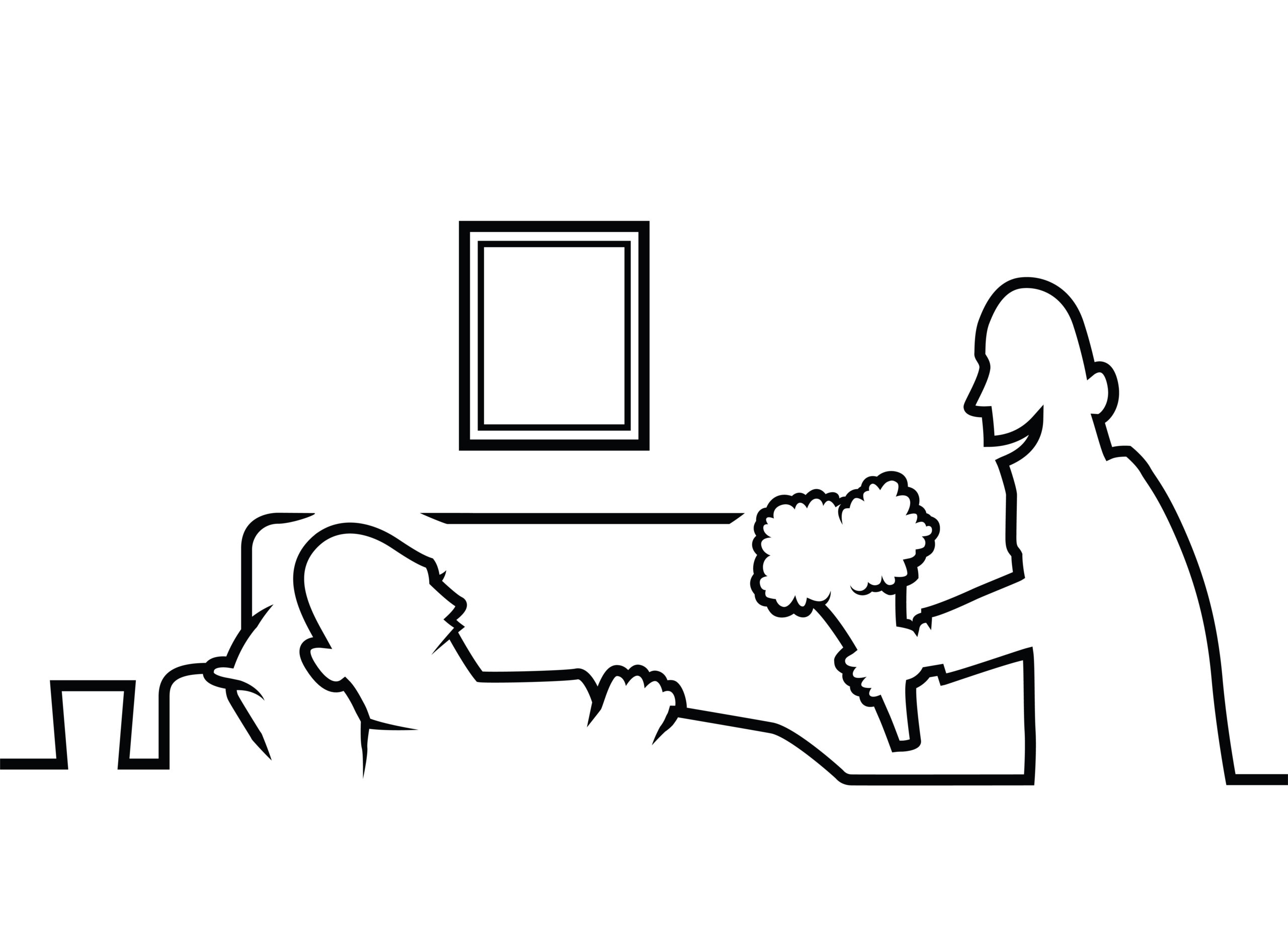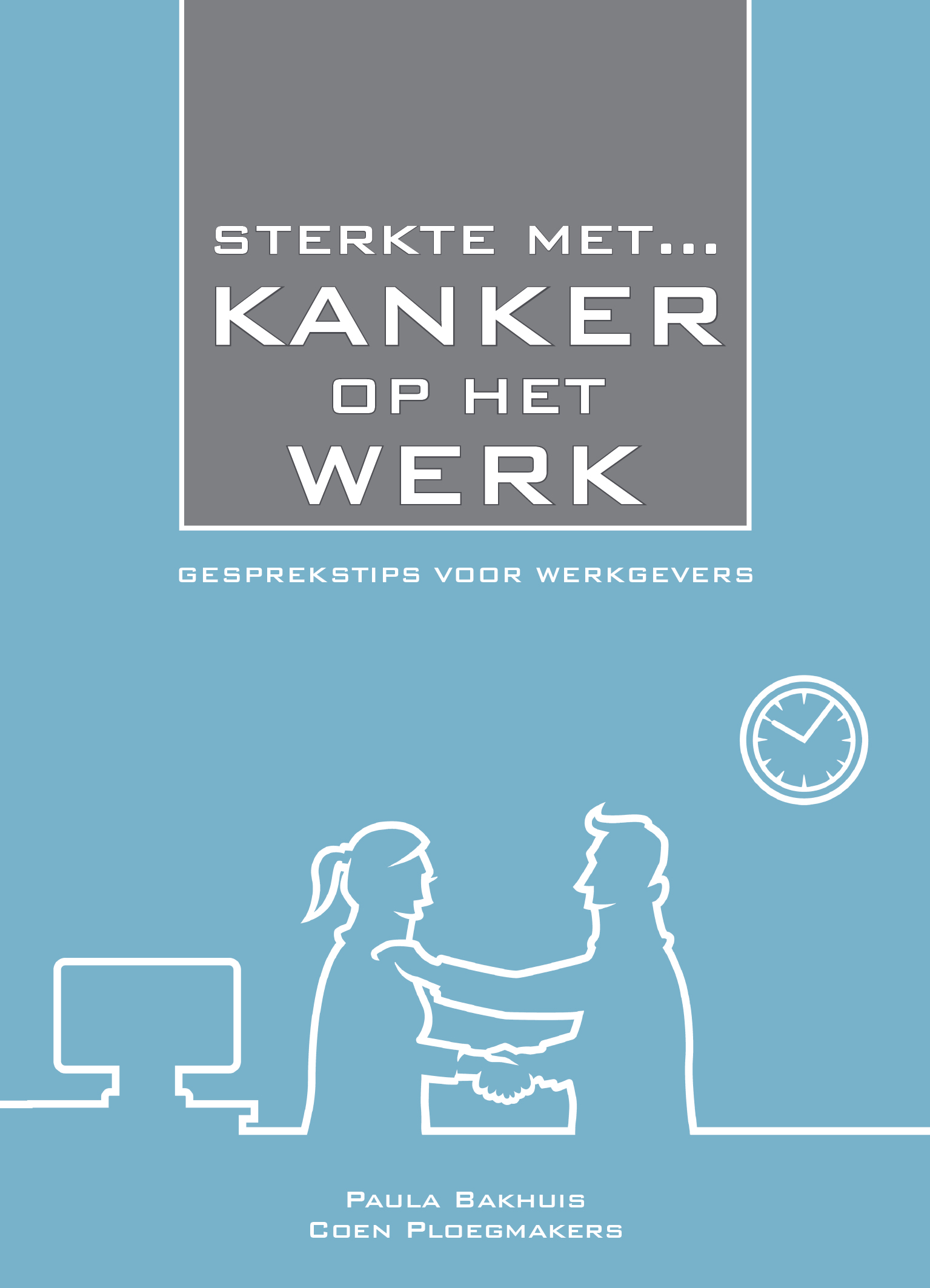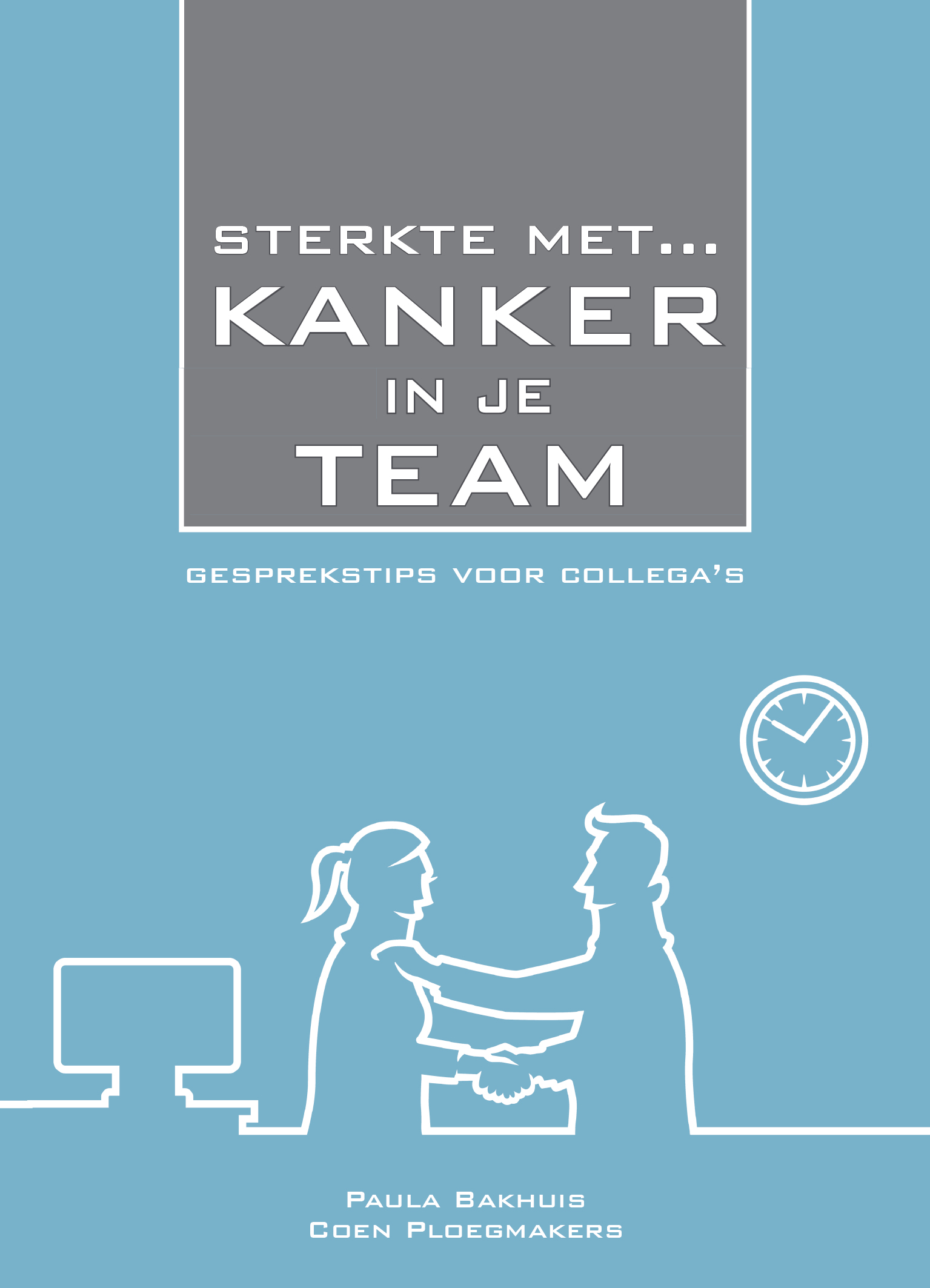What if we could make talking about cancer a little easier? This could help to alleviate suffering and distress for those involved, not only patients but all those around them, including partners, managers, doctors, children, neighbors and friends. This book contributes to that.

Frenetic conversations. Friends who cut you off. Colleagues who repeatedly ask the same questions. When it comes to cancer, everyone, including the patient, seems to be looking for the right attitude, often in vain. They have to deal with all the reactions they prompt. They have to make it clear if they need help, and communicate their wishes and their feelings. That means having a lot of difficult and painful conversations, which seems to come with the territory when you have cancer…
This book offers advice and highlights the pitfalls to avoid, and encourages you to open up the dialogue. Every person and every situation are different. There is no one-size-fits-all answer, but you can prepare for an empathetic and constructive conversation by thinking about what you do and don’t intend to say.
Sterkte met je tumor is een positief en praktisch boek voor iedereen die van dichtbij met kanker te maken heeft. Gebruik het als gesprekshulp of impactvol cadeau.
We all know someone who has been diagnosed with cancer, or we have been diagnosed ourselves. We’ve all had conversations about it, so often it’s not a lack of experience that makes it so difficult to communicate effectively, have a fair and pleasant conversation, find the right words and manage emotions. The book is a guide to knowing what to ask, what to say and when to be silent.
Everyone is looking for their own way in this. By sharing all these experiences with each other, the essence emerges: ultimately it is about listening, asking and simply being there.
How do you do that? This book tells you, point by point and practical. For every phase and every situation you encounter. Which allows you to focus on what matters. And mean even more to each other. Such a book was badly needed!



The book is a ‘road map’ of sorts, taking you through the various stages of the disease, from diagnosis and treatment to recovery or saying goodbye. Experts and people who have been through these situations talk honestly and openly about their experiences. Whatever stage you find yourself at, you will find appropriate advice. And since communication is a two-way street, both sides are addressed. You will undoubtedly recognize yourself in the stories. Some will make you laugh; others will make you cry. Above all, they will provide a lot of practical advice.
For the patient:
For those close to the patient:-
Some cancer patients want to continue working during their illness. Most of them also want to return to work once they recover. Returning to work is an individual process that requires effort from both the employer and the employee. Communication is crucial in this process.
Our e-books (in Dutch) provide practical advice to help you prepare for complicated conversations, particularly when it comes to topics like cancer. Read the testimonials from employers, patients and colleagues, and pick up tips from reintegration and communication experts.

This e-book helps you prepare for each stage of the conversation with your sick employee. That makes it easier for you to stay in touch with them and offer them proper support. That also helps reduce absenteeism.

How can you stay in touch with your manager and colleagues while you are off sick? Whether you return to work or not, this e-book will help you express your wishes and expectations.

A colleague’s cancer has a direct impact on the whole team. How can you, as a team, support your sick colleague as smoothly and effectively as possible? This guide will help you find the right words and attitude.
Employers want to provide the best possible support for employees with cancer. But how do they do this? Cancer is an unpredictable and potentially fatal disease. It requires specialist knowledge and ongoing advice. A one-size-fits-all approach does not work.
So, make sure you are prepared. Check out our training courses and webinars for HR professionals, managers and teams. Together we can make difficult conversations easier.

There is no standard recipe for talking about cancer. Your experience can inspire others, so please share your thoughts! How did you deal with the situation? How did you stay connected? What aspects did you find most positive or challenging?
